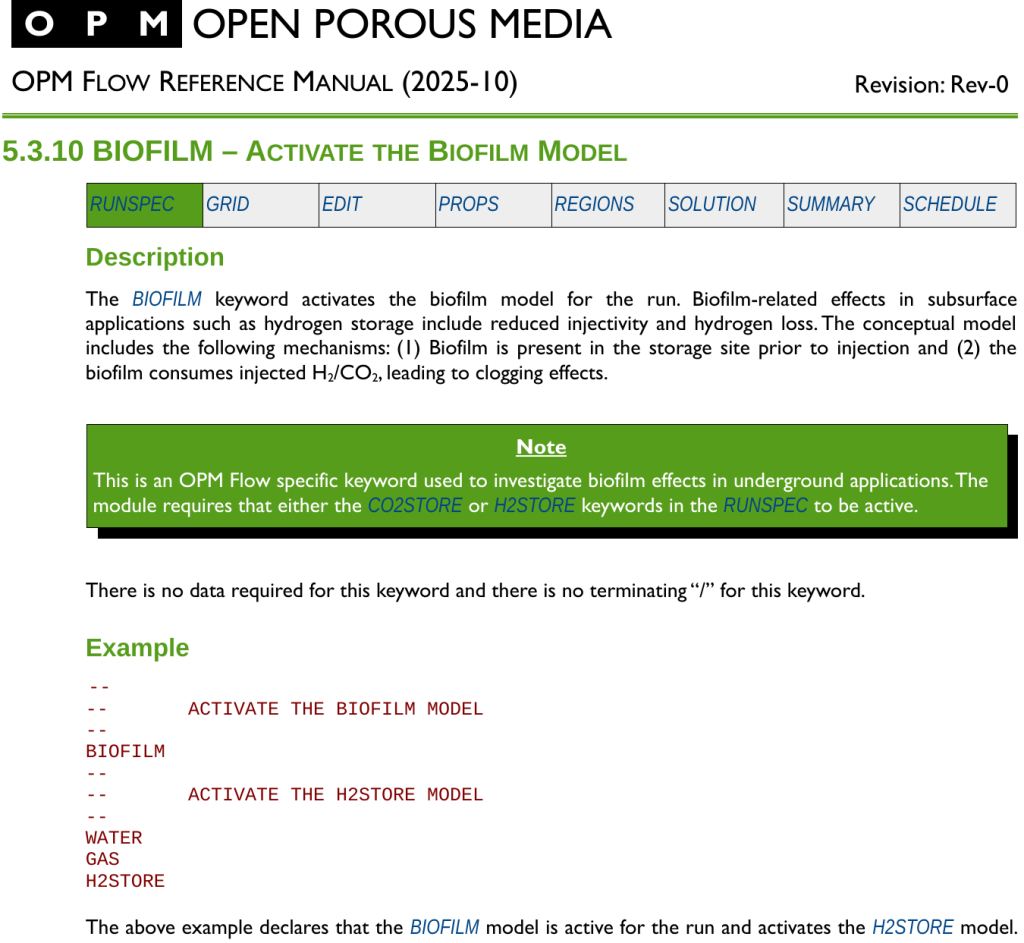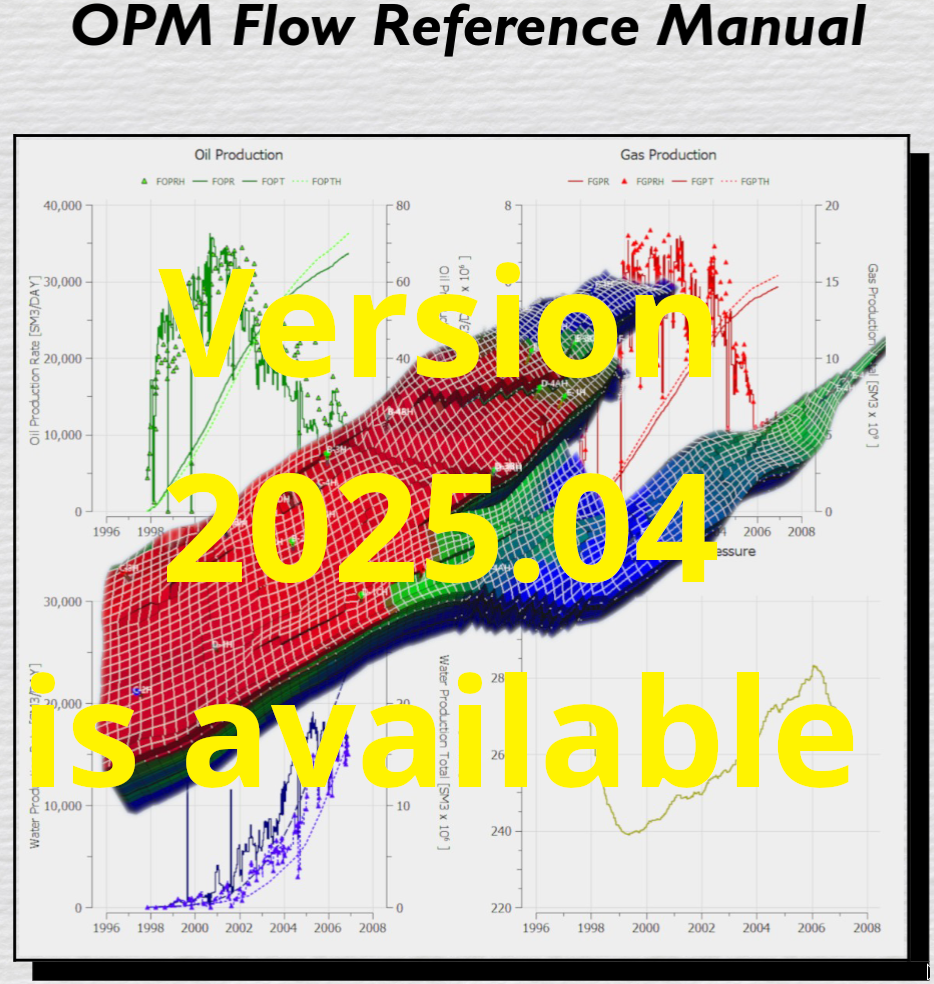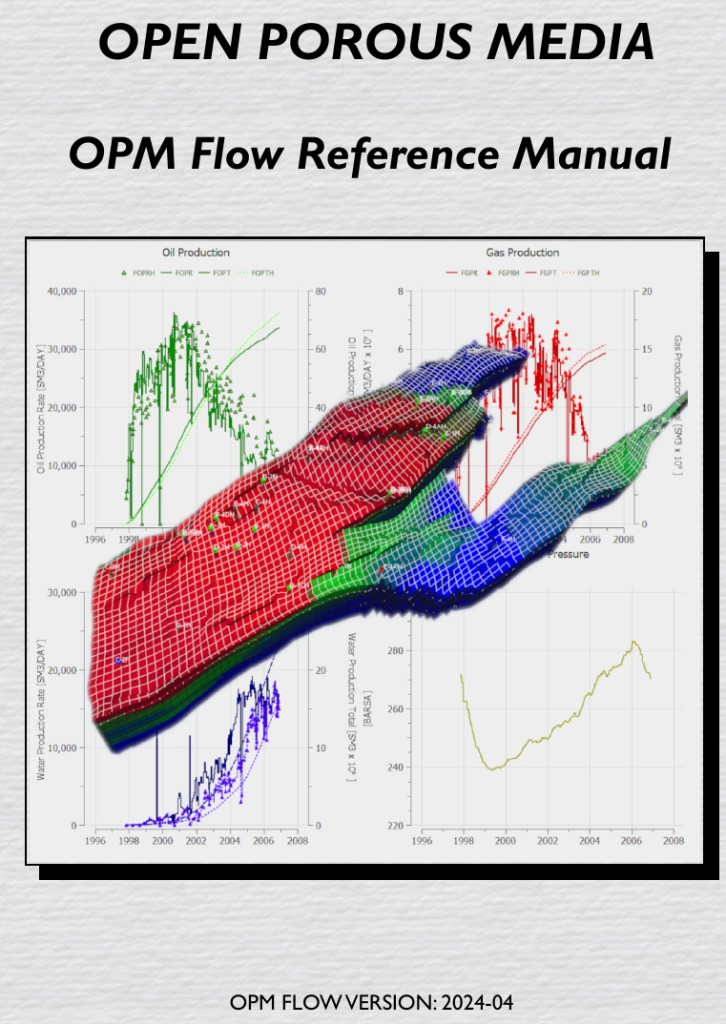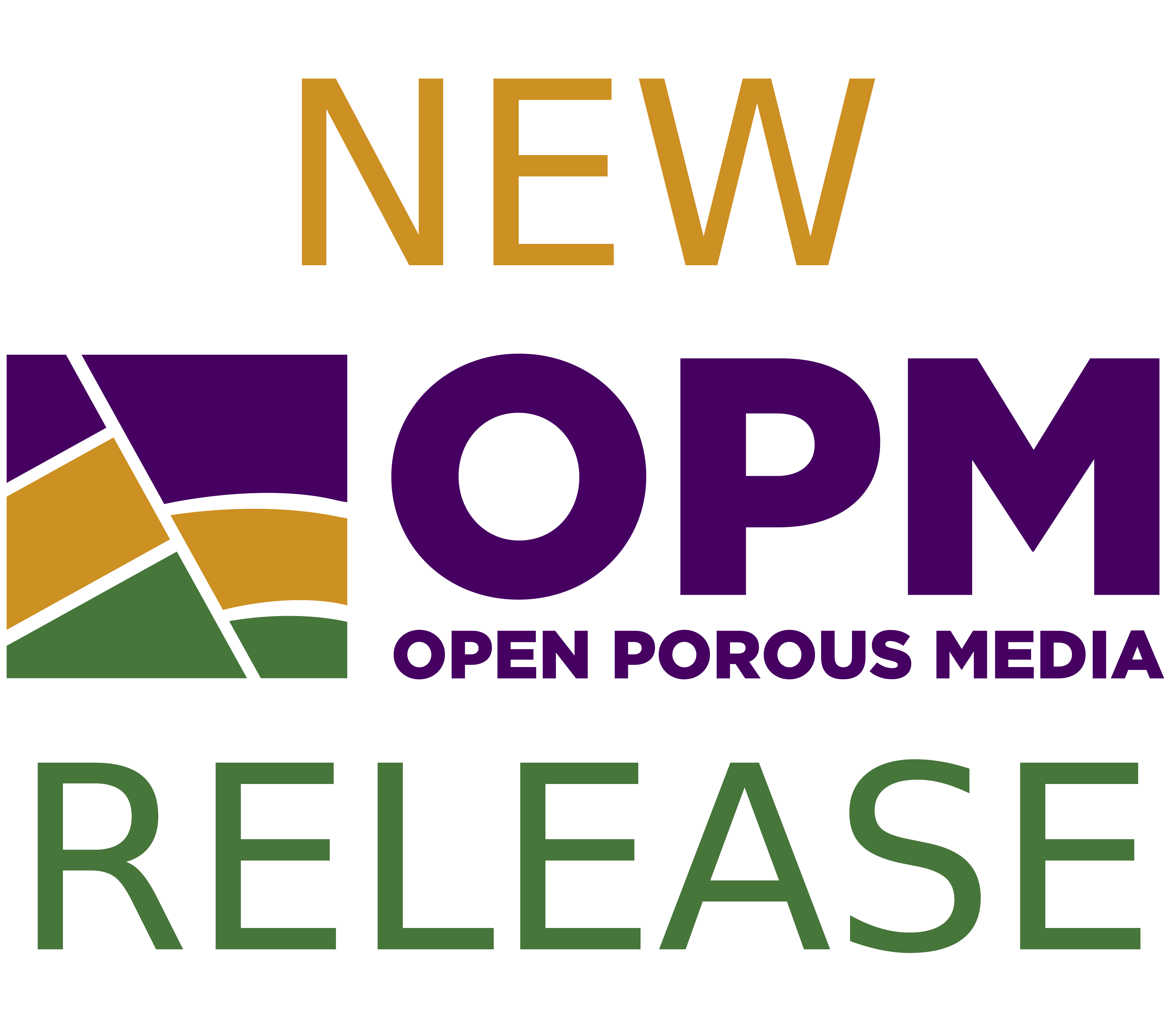Dear OPM community,
It is my pleasure to announce that the binary packages for the 2022.04 OPM release are now available for Ubuntu 20.04 LTS (code name Focal Fossa) and Ubuntu 22.04 LTS (code name Jammy Jellyfish). The Ubuntu packages may be downloaded from the OPM Project’s Personal Package Archive (ppa:opm/ppa). If you have not already included this in your package sources, you can do so with the commands
sudo apt-add-repository ppa:opm/ppa
sudo apt-get update
Then you can install the simulator and its prerequisites using the command
sudo apt install libopm-simulators-bin
To install the python bindings of OPM in addition, please use the command
sudo apt install python3-opm-simulators
This is also the first release that comes with official packages for Debian stable and (in about 5 days) for Debian testing. If you are using that distributions you can use the apt commands above to install the packages.
Please note that it will still take a few days to make the Redhat available.
If you are not using packages then you can install python bindings for the module opm-common via pip (https://pypi.org/project/opm/) using
pip install opm
Please note that this will not install Python bindings for opm-simulators.
I would also like to use the opportunity to thank all the contributors for their effort in improving the simulator, especially David for testing updating the manual and preparing the release notes, Atgeirr and Bård for testing and Arne Morton for building the Ubuntu and Redhat packages.
Best Regards,
Markus Blatt, OPM-OP AS
Release manager for 2022.04
Release notes for 2022.04
The 2022-04 release consists of some new features and various improvements and bug fixes. Highlights for
this release include: implementation of the Salt Precipitation Model, several ACTIONX implementation
improvements – including support for the COMPSEGS, WELSEGS and WSGVALV keywords in an ACTIONX
block, improvements to the CO2STORE model to work with numerical aquifers and to account for thermal
effects, support for gas lift optimization for multi-lateral wells, the addition of various SUMMARY vectors,
plus various enhancements to the RESTART file to improve compatibility and robustness. Significant work has
also been conducted in fixing the number of reported bugs.
When building OPM Flow from source, the default is now be to compile a parallel binary if MPI is installed,
this was already the default for the binary packages that were previously distributed. Secondly, support for
building OPM Flow with the new current version of DUNE (2.8) has been added.
Some of the new features:
- Improved version of Python version of the parser in opm-common
- Several ACTIONX improvements
- Added support for the CO2STORE model to use numerical aquifers
- Enabled the CO2STORE model to account for thermal effects
- Added support for the GRAVITY keyword in the PROPS section
- Improvements on how the well potentials are calculated when the wells are under guide rate control
- Improvements on how the well rates are calculated for when the wells are or not under group
control control
- Improve ESmry file output by not writing out empty elements
- Improved how the summary keywords are handled for inter-region summary vectors in ESMRY file,
to give a consistent naming convention
- Several RESTART improvements (see pdf)
- Added support for the WTMULT keyword in the SCHEDULE section
- Implemented the Salt Precipitation Model (see pdf)
- Added support for gas lift optimization for multi-segment wells
- Added support for gas-water initialization for two-phase runs using PVDG and PVTW keywords in
the PROPS section.
- Added support for the WVFPEXP keyword in the SCHEDULE section
- Added support for LIFTOPT(TSTEP) option that defines the frequency of the gas lift optimization
calculations.
- Water only and water only with thermal models can now be run with the flow binary
- The VAPWAT keyword in the RUNSPEC section, that activates the vaporized water phase, is now
active for this release for gas-water systems only.
For further details including a list of known issues and bug fixes please see the OPM Flow Release Notes from the manual






